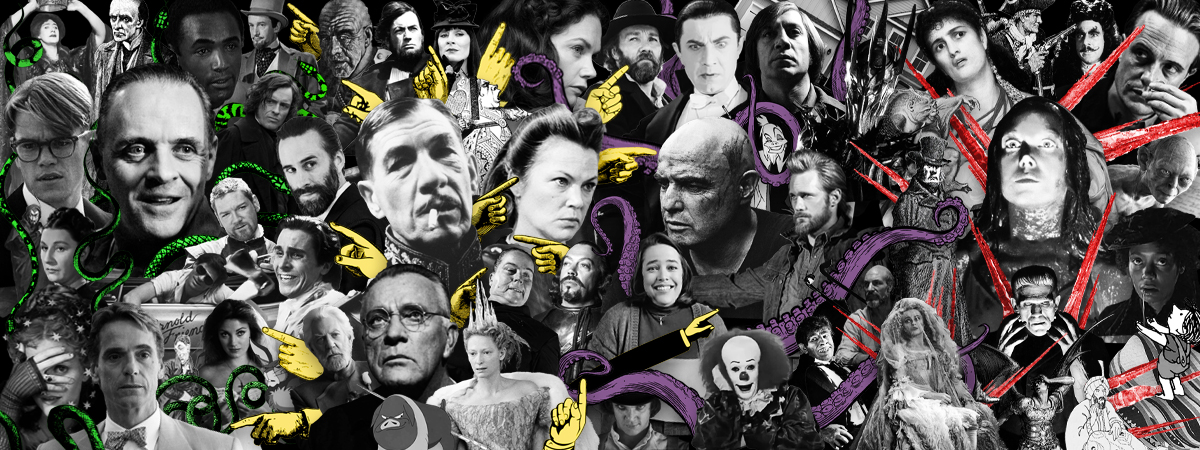Clint_L
Legend
Some of these comments are surprising. Yes, it's a website for book nerds. Let's assume that they know their literature, the same way someone citing an article from EnWorld should assume that the audience here is broadly familiar with RPGs. These are all pretty iconic villains, but their round 1 has a brief bio for each, amusingly framed:

 lithub.com
lithub.com
I love the list - like all lists, we can all complain that one of our personal favourites is not on it (no Cthulhu?), but arguing about stuff like that is part of the fun. I think they have done quite a good job of representing a lot of different genres, including children's lit.
Edit: though...no Grinch? Do we really buy his babyface turn? Is that enough to exclude his exemplary work as a heel?

The Best Villains in Literature Bracket
Welcome to Literary Hub’s inaugural Ides of March Madness bracket: The Best Villains in Literature. Everyone loves a good villain—at least when they’re safely fictional—but which litera…
I love the list - like all lists, we can all complain that one of our personal favourites is not on it (no Cthulhu?), but arguing about stuff like that is part of the fun. I think they have done quite a good job of representing a lot of different genres, including children's lit.
Edit: though...no Grinch? Do we really buy his babyface turn? Is that enough to exclude his exemplary work as a heel?
Last edited:
